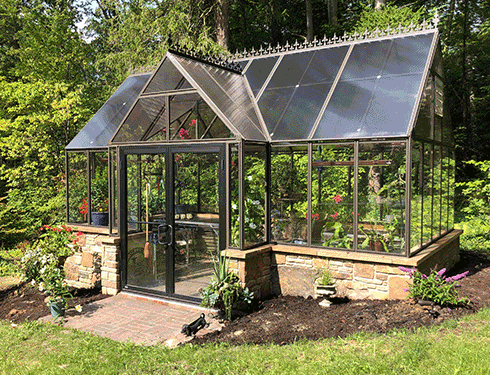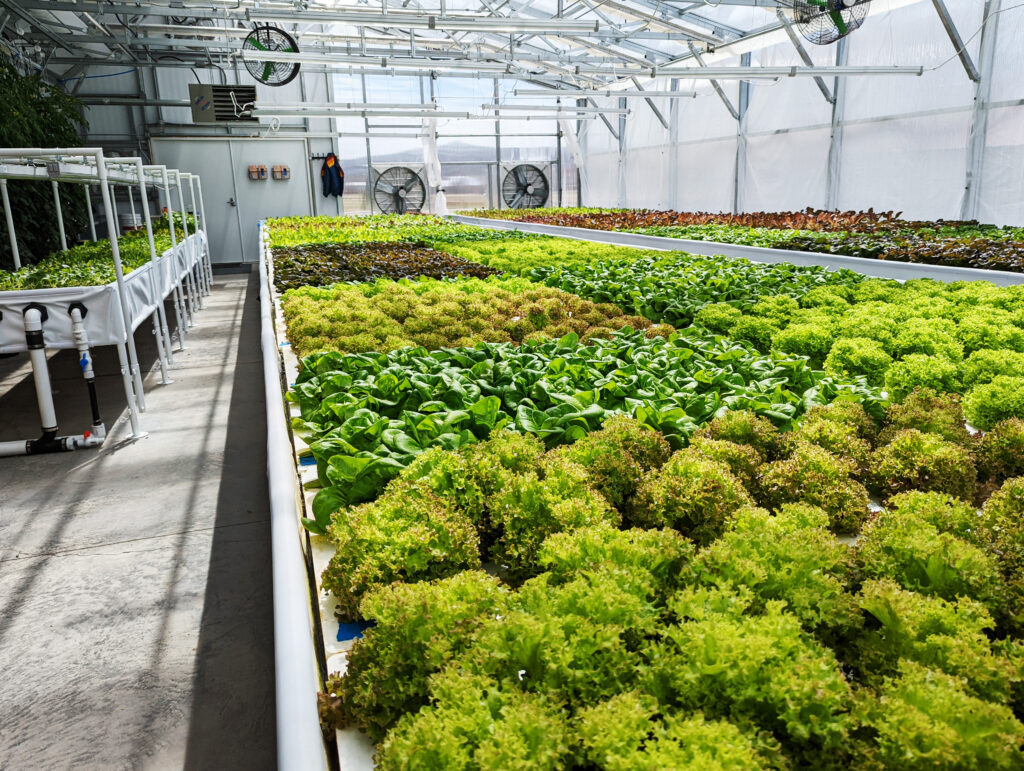Visual Environment-friendly Living: Monarch Decorative Greenhouse Utah Distinct Designs
Wiki Article
Greenhouse Layout: Developing an Eco-Friendly Growing Room
Discover how to design a greenhouse that maximizes all-natural light, conserves water, and incorporates eco-friendly power sources. By selecting sustainable products and applying energy-efficient home heating and cooling systems, you can develop a greenhouse that is both efficient and environmentally conscious.Picking Lasting Materials
When designing your environment-friendly greenhouse, prioritize sustainability by very carefully picking products that are environmentally-friendly and promote energy efficiency. Among one of the most essential aspects of creating an eco-friendly greenhouse is choosing lasting products. By going with materials that have a marginal effect on the setting, you can decrease your carbon impact and add to a much more lasting future.Beginning by considering the materials utilized for the structure of your greenhouse. Additionally, consider utilizing products that have a high thermal mass, such as rock or concrete, as they can assist regulate the temperature inside the greenhouse, decreasing the requirement for extreme home heating or air conditioning.
One more important element to consider is the glazing product for your greenhouse. Pick materials that give superb insulation residential or commercial properties, such as dual- or triple-pane glass or polycarbonate panels. These materials can aid catch heat inside the greenhouse, reducing the amount of energy required for heating throughout colder months.
Furthermore, when selecting products for the interior of your greenhouse, choose lasting choices such as bamboo or recovered timber for shelving and benches. These products are not only sturdy but likewise promote the accountable use resources.
Maximizing Natural Light
To take full advantage of natural light in your environmentally friendly greenhouse, focus on the tactical placement of home windows and skylights to maximize sunshine direct exposure throughout the day. When deciding on the placement of windows, think about the course of the sun throughout the day and how it will certainly affect the various areas of your greenhouse.Skylights are another reliable means to take full advantage of all-natural light. They permit sunlight to enter from above, providing an additional source of light for your plants. When installing skylights, consider their size and position. Larger skylights will enable extra light to get in, but make certain they are not as well big that they cause too much warmth or glow. Position them in locations where they can supply straight sunshine to your plants without casting darkness on other locations.
Applying Energy-Efficient Cooling And Heating Solutions
To better improve the power efficiency of your environmentally friendly greenhouse, think about carrying out energy-efficient heating and cooling down systems. These systems play a crucial role in preserving optimal temperature level and humidity degrees for your plants, while lessening energy consumption and lowering your greenhouse's carbon footprint.
For cooling, think about executing a combination of natural ventilation and energy-efficient cooling systems. Natural ventilation can be accomplished with the use of vents, home windows, and sidewall curtains. This enables go to this website for the exchange of fresh air and helps regulate the temperature inside the greenhouse. To better improve air conditioning, think about setting up energy-efficient cooling systems such as evaporative cooling pads or misting systems. These systems make use of much less energy compared to traditional air conditioning devices and can efficiently lower the temperature inside the greenhouse (Monarch Residential Greenhouse Utah).
Water Preservation Techniques
To additionally enhance the energy effectiveness of your green greenhouse and proceed minimizing its environmental impact, it is very important to apply efficient water conservation methods. Water is a valuable resource, and with the appropriate techniques, you can decrease your greenhouse's water intake while still supplying ideal conditions for your plants.One way to save water is by making use of a drip irrigation system. In addition, installing a rain harvesting system can help keep and capture rain for later usage in your greenhouse.
One more technique is to mulch your plants. Adding a layer of organic material around the base of your plants helps keep dampness in the dirt, decreasing the requirement for regular watering. Additionally, take into consideration using a water-efficient potting mix that preserves wetness while still providing ample drainage.
Lastly, monitor her comment is here your greenhouse's water usage routinely. By tracking exactly how much water you are making use of, you can recognize areas for renovation and make needed modifications.
Incorporating Renewable Energy Resources

Conclusion
To conclude, by carrying out lasting products, taking full advantage of all-natural light, utilizing energy-efficient heating and cooling down systems, exercising water preservation methods, and incorporating sustainable power sources, you can produce an eco-friendly greenhouse design. This will not just benefit the environment however likewise advertise healthy and balanced and sustainable plant growth. Go in advance and make a positive influence on the earth by making an eco-friendly expanding space.When creating your environmentally friendly greenhouse, prioritize sustainability by meticulously selecting check that materials that are environmentally-friendly and promote energy effectiveness. These products can help trap warmth inside the greenhouse, minimizing the quantity of power needed for heating during chillier months.
These systems make use of much less power compared to conventional air conditioning systems and can successfully lower the temperature level inside the greenhouse.
You can incorporate eco-friendly energy sources right into your greenhouse layout to make it much more environment-friendly and sustainable.In conclusion, by executing sustainable materials, optimizing natural light, making use of energy-efficient heating and cooling down systems, exercising water conservation strategies, and incorporating renewable energy resources, you can develop an environment-friendly greenhouse design.
Report this wiki page